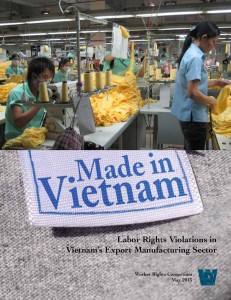Portland, OR — Fair trade advocates praised the release of a new letter voicing Congressional opposition to Fast Track, a policy-making process that allows trade pacts to circumvent ordinary Congressional review, amendment and debate procedures. The letter spearheaded by Representatives Rosa DeLauro (D-CT) and George Miller (D-CA), was signed by three quarters of the House Democratic Caucus including Oregon Congressmen Kurt Schrader and Peter DeFazio. Representatives Earl Blumeanuer and Suzanne Bonamici also signed onto another letter signalling concerns over Fast Track. Taken together, the letters demonstrate a strong demand from Oregon’s delegation for better oversight over the pending Trans-Pacific Partnership (TPP) Free Trade Agreement than Fast Track would allow.
“With trade negotiators rushing to conclude the massive Trans-Pacific Partnership, it’s heartening that so many Members of Congress are standing up and demanding that each provision of the pact be scrutinized to ensure that it is in the best interests of working families,” said United Brotherhood of Carpenters General President Douglas J. McCarron. “The middle class cannot afford for the TPP to become a ‘NAFTA of the Pacific,’ and at this stage in the game, only real Congressional oversight and intervention will prevent that from occurring.”
“The Trans-Pacific deal will affect working families, environmental protections, energy policy, food safety and more,” said Sierra Club Executive Director Michael Brune. “Congress is right to want to do its job and have oversight over expansive trade pacts. Using Fast Track is like removing the seat belts and airbags from a vehicle and racing it toward its final destination. It’s an egregious way to speed up trade deals, which all too often put foreign corporations before families and communities.”
The 151-signature DeLauro-Miller letter sent to the President states, “we will oppose ‘Fast Track’ Trade Promotion Authority or any other mechanism delegating Congress’ constitutional authority over trade policy that continues to exclude us from having a meaningful role in the formative states of trade agreements and throughout negotiating and approval processes.” Continue reading


